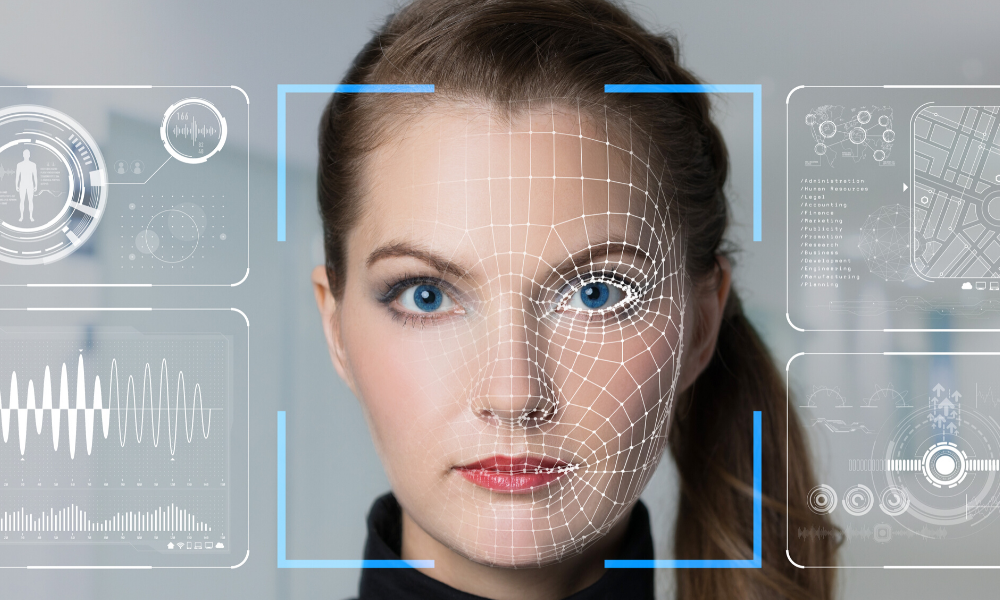
Facial Recognition Technology: Enhancing Security and Efficiency
In recent years, Facial Recognition Technology has emerged as a revolutionary tool, transforming the landscape of security and efficiency across various sectors. This technology, powered by advanced algorithms and artificial intelligence, offers a myriad of benefits that extend far beyond traditional methods.
Advancements in Security Measures
Facial Recognition Technology plays a pivotal role in bolstering security measures across industries. Unlike traditional methods relying on access cards or passwords, facial recognition provides a more secure and convenient way to authenticate individuals. This technology ensures that only authorized personnel gain access to sensitive areas, reducing the risk of unauthorized entry and potential security breaches.
Streamlining Access Control Systems
One of the notable applications of Facial Recognition is in access control systems. By integrating this technology into entry points, organizations can streamline the access process for employees, visitors, and customers. This not only enhances overall security but also facilitates a seamless and efficient experience for individuals accessing various premises.
Facilitating Contactless Transactions
In an era where hygiene and contactless interactions are paramount, Facial Recognition Technology proves to be invaluable. It enables contactless transactions in various scenarios, from retail payments to secure authentication at airports. This not only reduces the need for physical contact but also expedites processes, making transactions more efficient and convenient.
Enhancing Surveillance and Monitoring
Facial Recognition significantly improves surveillance and monitoring capabilities. Integrated with security camera systems, this technology can identify individuals in real-time, aiding in the swift response to potential threats. The ability to track and monitor individuals enhances overall situational awareness, making public spaces safer and more secure.
Overcoming Privacy Concerns
While the benefits of Facial Recognition Technology are evident, concerns about privacy have been raised. It is crucial for organizations and developers to implement robust privacy measures, ensuring that facial data is handled responsibly and ethically. Striking a balance between security and privacy is essential to gain public trust in the widespread adoption of this technology.
Adoption in Public Safety and Law Enforcement
Facial Recognition is increasingly being adopted in public safety and law enforcement. The ability to quickly identify and apprehend individuals involved in criminal activities has proven to be a powerful tool. However, the ethical use of this technology is paramount, and its implementation must adhere to strict guidelines to prevent misuse.
Addressing Bias and Ethical Considerations
One of the challenges associated with Facial Recognition Technology is the potential for bias, especially concerning race and gender. Developers and organizations must actively work towards addressing and mitigating bias in algorithms to ensure fair and unbiased results. Ethical considerations play a crucial role in shaping the responsible deployment of facial recognition systems.
Facial Recognition Technology: A Link to the Future
As we delve into the future, Facial Recognition Technology continues to evolve, presenting new opportunities and challenges. The integration of AI algorithms and continuous advancements in hardware contribute to the ongoing refinement of facial recognition systems. To stay updated on the latest developments in this field, visit Facial Recognition Technology.
Conclusion
Facial Recognition Technology stands at the forefront of technological innovation, reshaping how we approach security and efficiency. While its applications are vast and promising, ethical considerations and privacy safeguards must remain at the forefront of its development and implementation. As we navigate the evolving landscape of technology, Facial Recognition is poised to play a central role in shaping a more secure and streamlined future.
